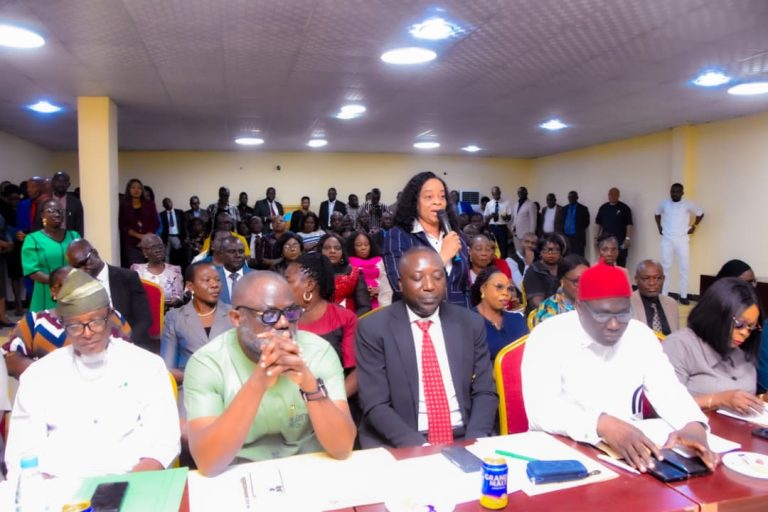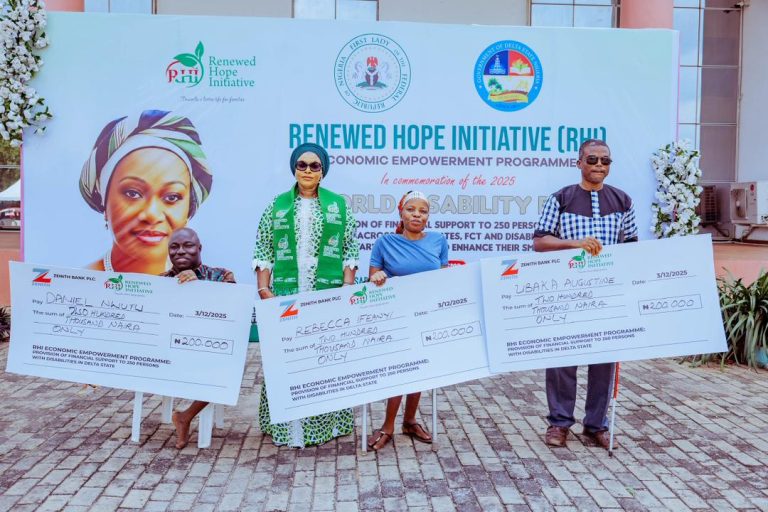
The Naira is forecasted to depreciate to N1,993 per US dollar by 2028.
A report by BMI Research, a subsidiary of Fitch Solutions, forecasts significant constraints on the import of critical medical supplies into Nigeria due to the weakening of the Naira and structural challenges within the healthcare system.
The report projects that by 2028, the Naira will exchange at NGN1993/USD, a rate it assumes would constrain medical device imports.
In the report titled “Weak Naira and Structural Challenges to Constrain Nigeria’s Medical Devices Market Growth”, BMI projected that despite an anticipated rebound in the economy, Nigeria’s medical devices sector will face operational and demand challenges in the near term.
The report noted that Nigeria relies on imports for over 95 per cent of its medical devices, making it vulnerable to fluctuations in exchange rates.
“Continued weakness of the naira will increase medical device import costs and erode consumer purchasing power. Similar to other markets in sub-Saharan Africa, Nigeria heavily relies on medical device imports, with reliance of over 95 per cent.
“We expect that the naira will end 2028 at N1,993/$ from N306/$ in 2018. As the naira weakens, the cost of importing medical devices will continually increase, eroding both the health system and patient purchasing power especially to invest in essential medical technologies given underfunding of the public health sector.
“This would particularly affect high-cost demand for devices such as diagnostics, orthopaedics and dental products. On the export front, a weaker naira will enhance the competitiveness of locally manufactured medical devices, fostering growth in the sector,” the report stated.
However, this projection suggests a remarkable stabilization compared to the current exchange rate of approximately NGN1700/USD.
Over the past 13 months, the Naira has lost 70% of its value, plummeting from around NGN600/USD to approximately NGN1700/USD today. BMI’s projection of NGN1993/USD by 2028 implies only a modest depreciation over the next four years.




